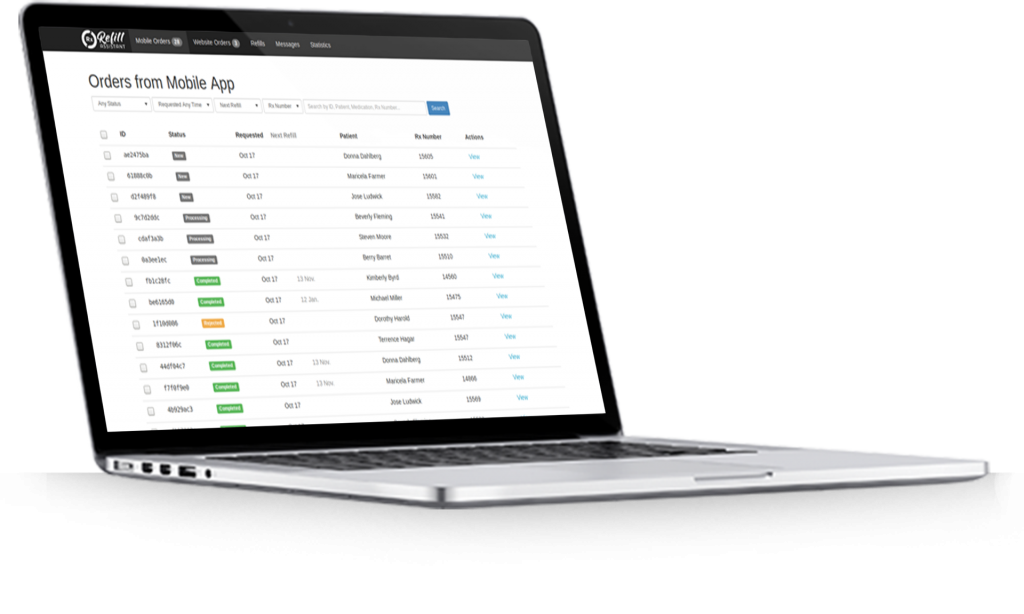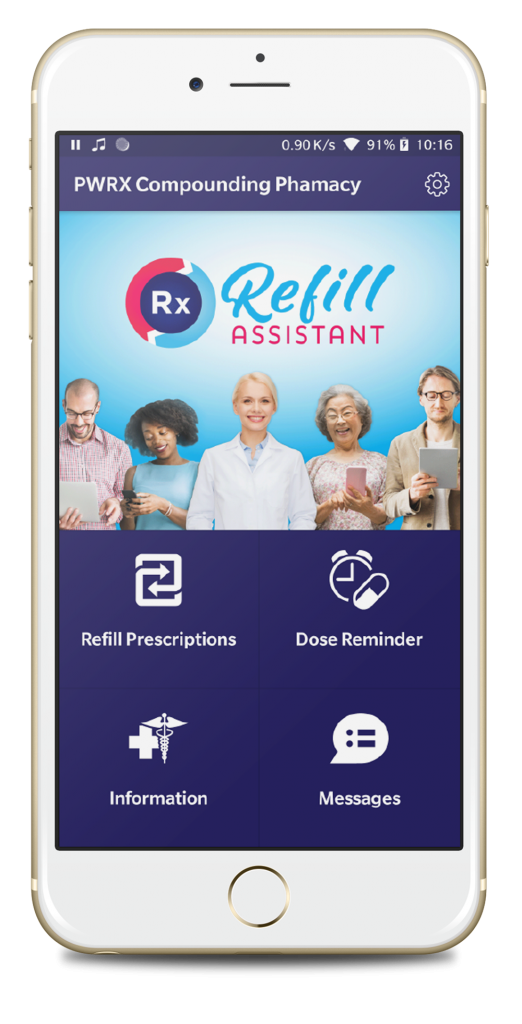Low Dose Naltrexone (LDN) holds the potential to help millions of people suffering from various autoimmune diseases, cancers and chronic pain, find relief.
Accumulating evidence suggests that LDN can stimulate the immune system and reduce autoimmune and cancer processes.
Since lower doses of Naltrexone are not commercially available, LDN is available only by prescription from compounding pharmacies.
The LDN Research Trust lists over 250 conditions in 20 categories that LDN could help with including cardiac diseases; rheumatologic (arthritis and autoimmune) disorders; endocrine diseases; gastrointestinal diseases; malignancies/cancers and neurologic diseases.
Aggregated together, autoimmune diseases comprise the largest number of conditions for which LDN provides hope.
Multiple sclerosis, Hashimoto’s, Graves disease, Celiac, Lupus are becoming commonly used words in modern vernacular. A reflection of the increased frequency with which people are being diagnosed with autoimmune conditions.
Autoimmune Disease Prevalence
Statistics on autoimmune diseases vary significantly depending on the source.
The first estimates (Jacobson et al) of US prevalence for autoimmune diseases was published in 1997 and reported US prevalence to be around 9 million. They included 24 diseases in this estimate.
Drs. Scott Hayter and Mathew Cook updated the prevalence estimates in 2012. This study covered 81 diseases and estimated prevalence to be 4,925 per 100,000 people. At the period being studied, this equated to US prevalence for the 81 autoimmune diseases at 14.7 million.
In a book called “The Autoimmune Diseases”, Dr Noel Rose estimates the US prevalence to be 23.5 million taking into account possible misdiagnosis, under-diagnosis and the potential that more autoimmune diseases might be discovered.
Yet other studies suggest a higher prevalence. The CDC has funded populations studies for 1 of 4 common forms of Lupus – Systemic Lupus Erythematosus (SLE) – and estimates there are 322,000 sufferers in the USA, much higher than the Hayter & Cook study suggests (100,000 sufferers).
The American Autoimmune Related Diseases Association AARDA opine that 50 million Americans suffer from an autoimmune disease.
The National Institutes of Health Report on Autoimmune Diseases incorporates both Hayter & Cook study and the Rose book stating that US prevalence for all autoimmune diseases is between 14.7 million and 23.5 million.
Why the differences? The NIH numbers only include diseases for which good epidemiology studies are available.
Despite the differences, it has become increasingly clear that there is a significant prevalence of autoimmune diseases. The low end of the NIH estimates is a prevalence of 4,925/100,000.
Common Autoimmune Diseases
Autoimmune Diseases range from the relatively common and well know such as Celiac disease with sufferers numbers in the millions to the uncommon conditions such as Takayasu’s arteritis with a prevalence of 0.3/100,000 and less than 1,000 sufferers.
The least prevalent autoimmune diseases comprise 66 conditions with a prevalence of 216/100,000 – equating to 700,000 people suffering from these less prevalent diseases.
At the other end of the prevalence spectrum, nearly 11.5 million people in the USA suffer from the 5 most common autoimmune diseases: Rheumatoid arthritis, Hashimoto’s thyroiditis, Celiac disease, Graves disease or Diabetes mellitus, type 1.
The next 10 most prevalent autoimmune diseases cause suffering in another 4 million people.
In total, the top 15 autoimmune diseases comprise over 95% of all autoimmune disease prevalence.
All 15 diseases are listed by the LDN Research Trust as being diseases that LDN can help with.
Autoimmune disease prevalence is estimated to be 4,925 (for every 100,000 people). Over 95% of suffers of an autoimmune disease would present with one of the diseases listed on the table above.
Refill Assistant specializes in social advertising for community pharmacies.











